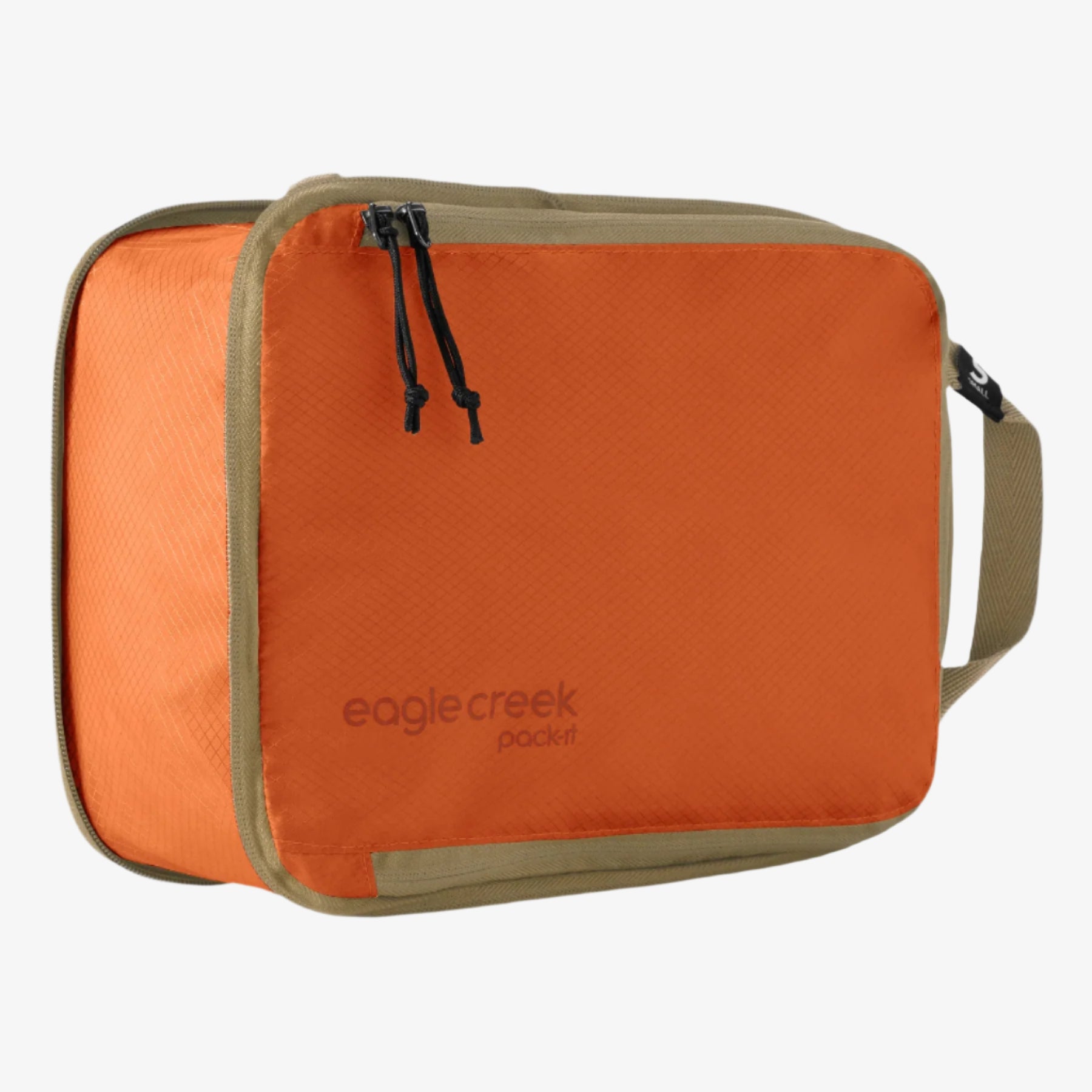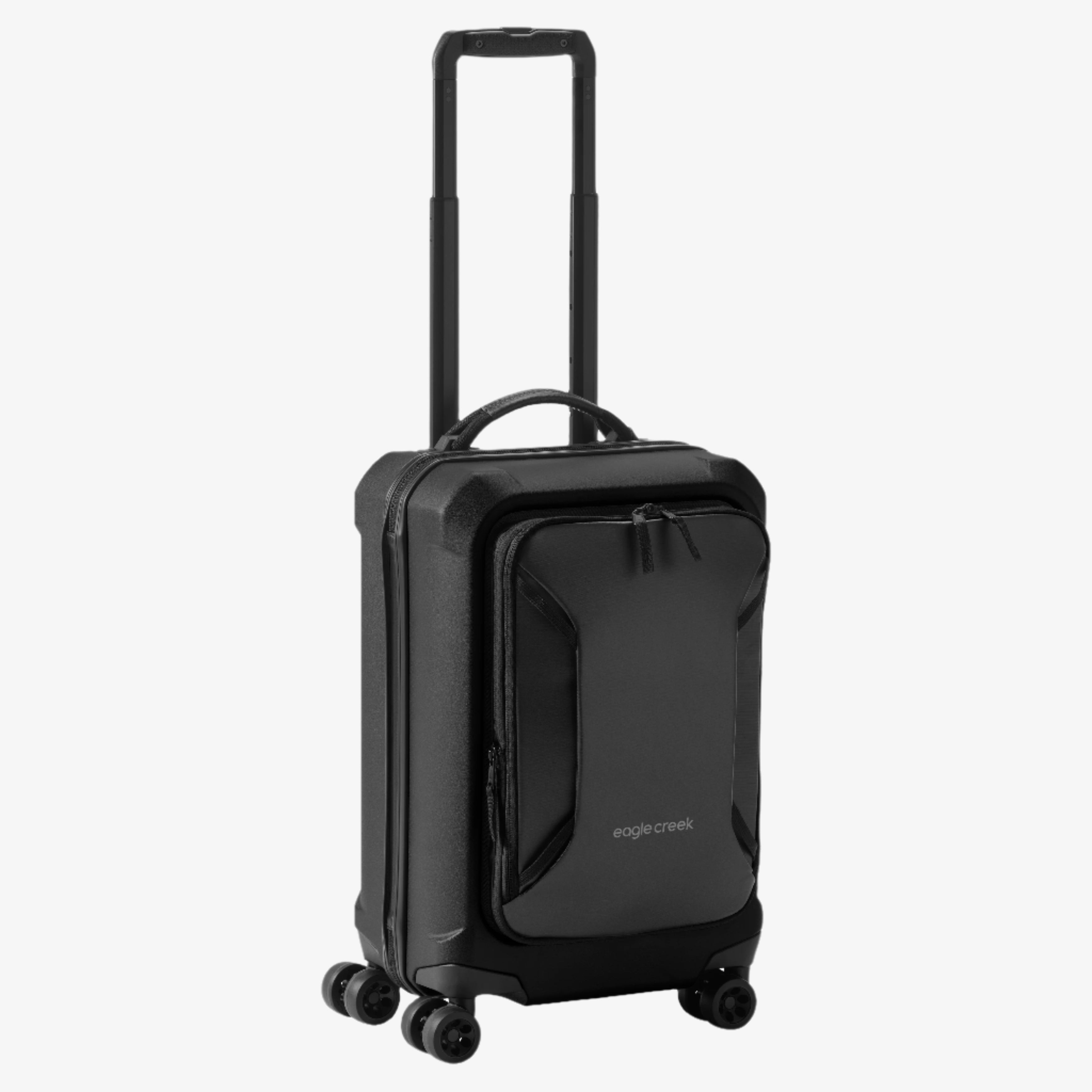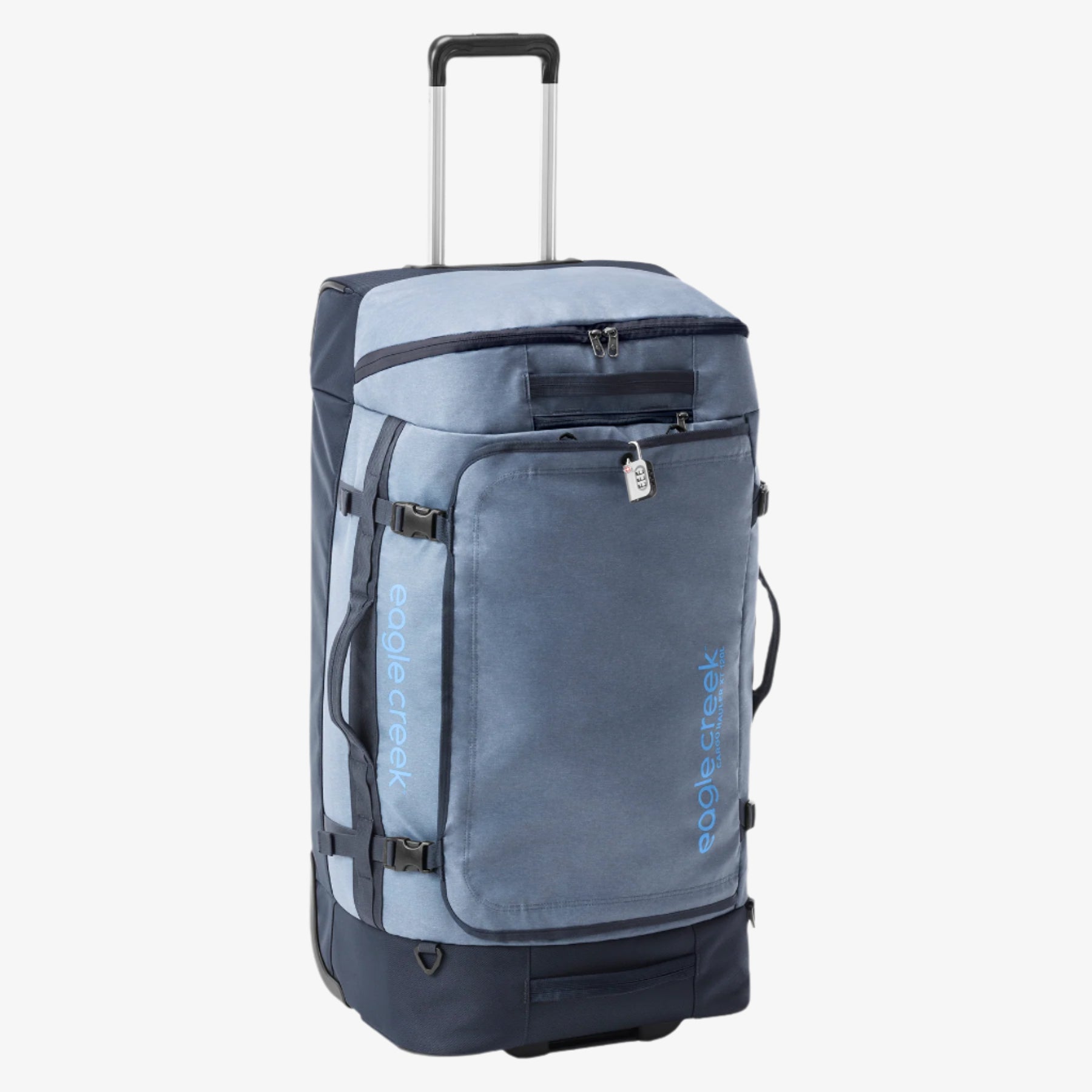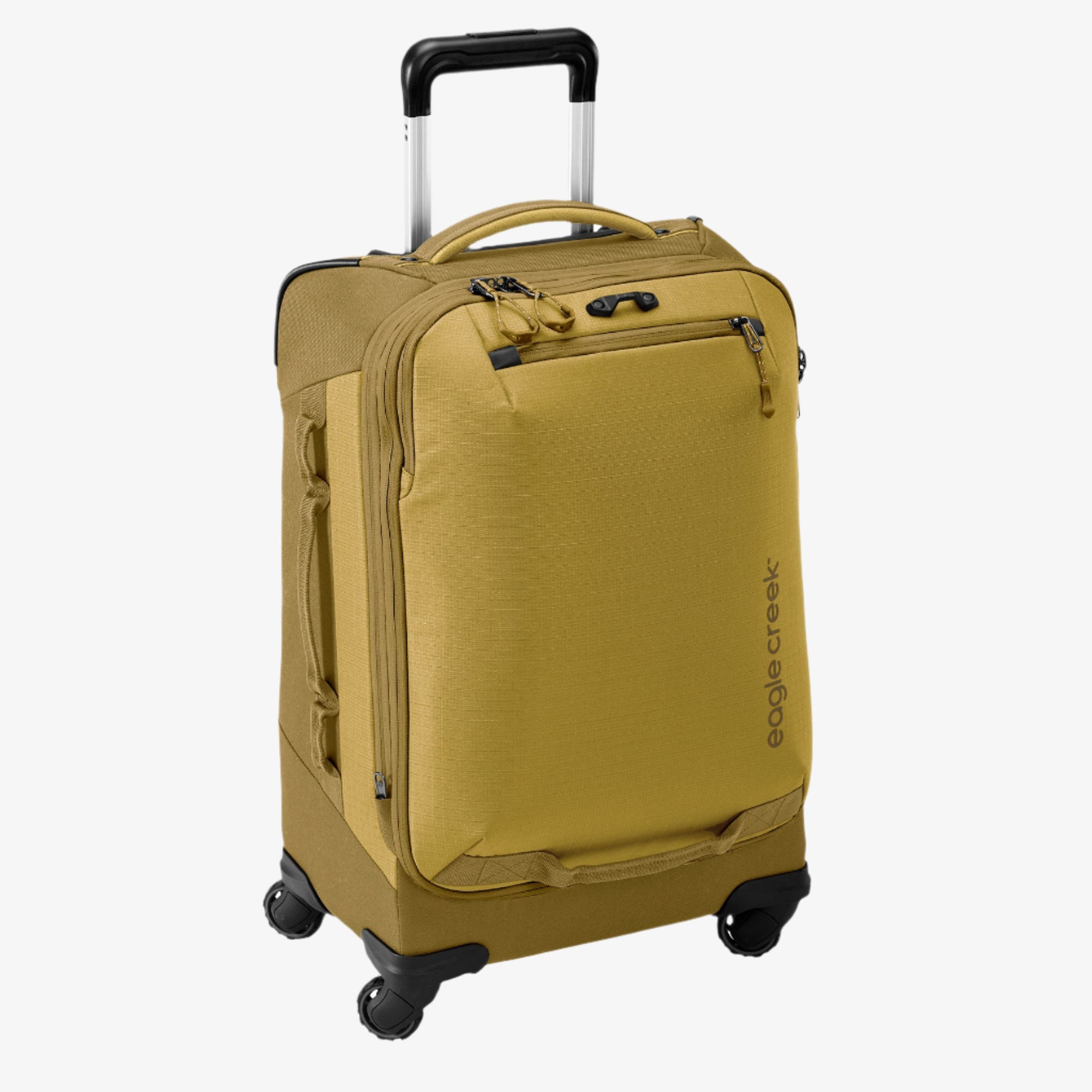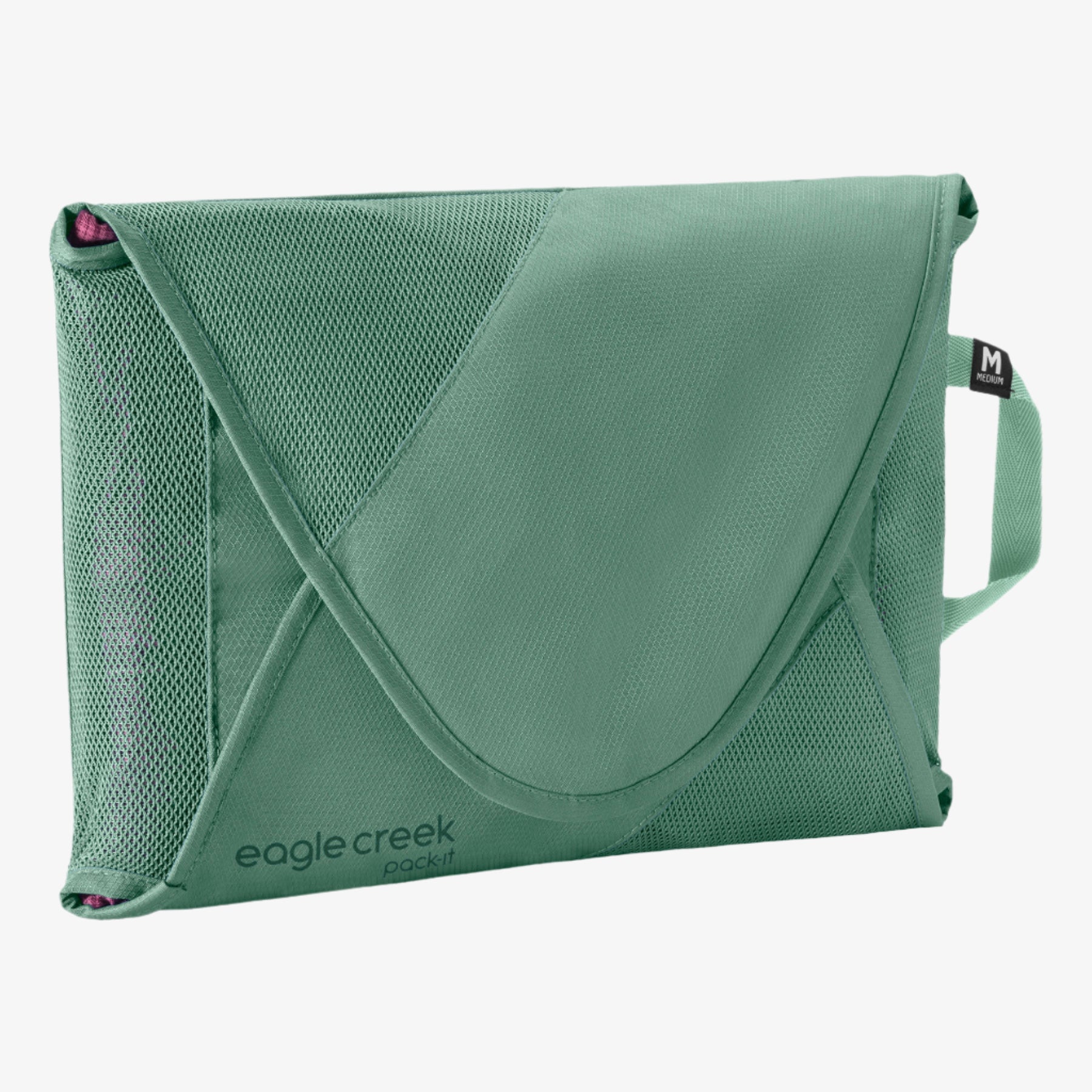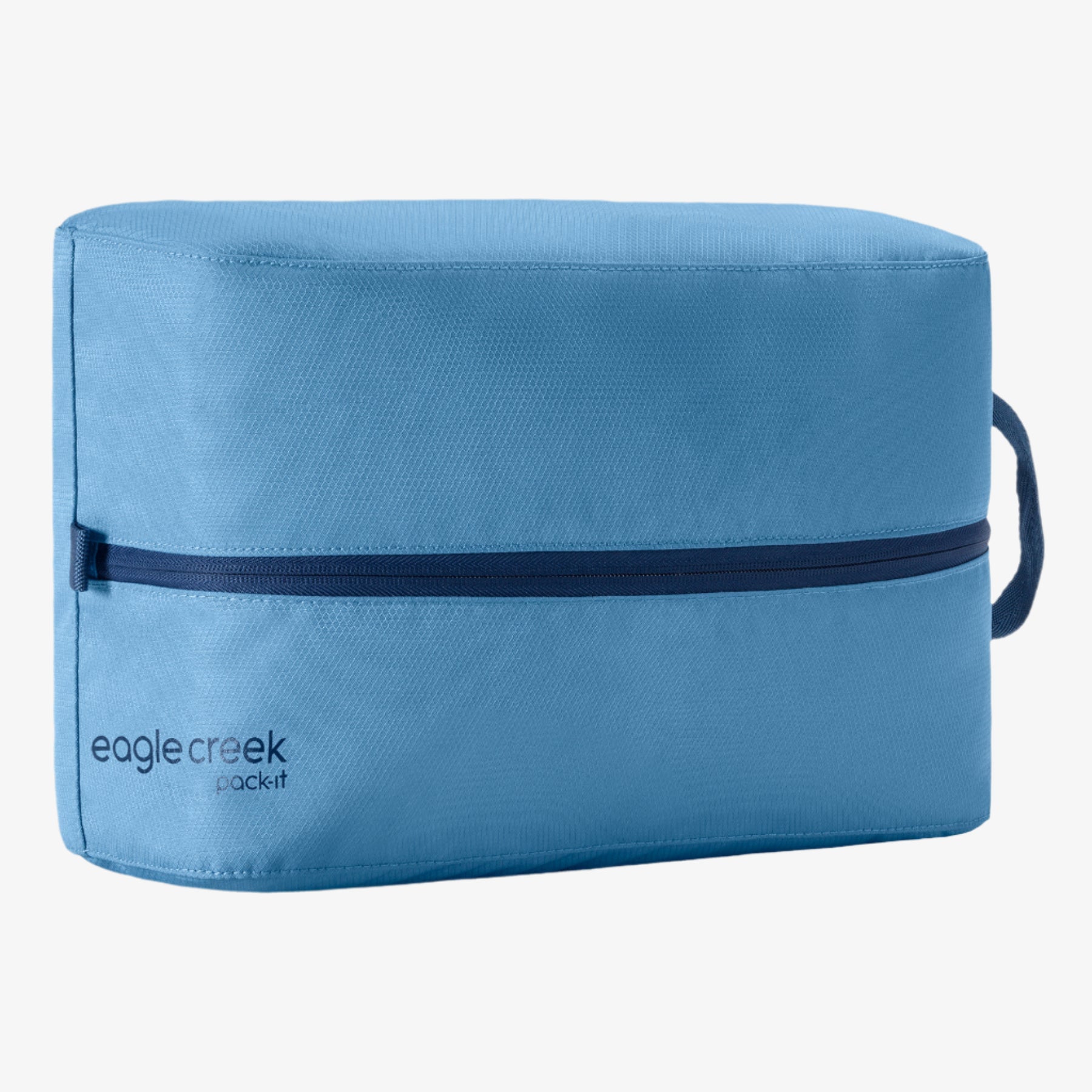
Planning a global adventure or taking a sabbatical? Here’s what you need to know before purchasing round the world tickets.
When you are planning an epic adventure or sabbatical, round the world (RTW) tickets allowing you to circumnavigate the globe may be the perfect option for you—or not. These tickets come with an entirely different set of rules than what you’re used to when booking flights or travel hacking, so here are seven things you need to know before purchasing RTW tickets.
How Do Round the World Tickets Work?
RTW tickets are typically sold through airline alliances.
Independent airlines form alliances so they can work together to provide global coverage for their passengers. When you purchase a RTW ticket, you are actually purchasing an airline alliance flight pass. The three major alliances—Star Alliance, Oneworld and SkyTeam—all offer RTW tickets.
Typically, these tickets allow you to purchase one ticket for a customized itinerary of up to 16 flights. At first glance, it seems all you need to do is pack up your life and go.
Planning can be a challenge.
It’s not always as easy as it sounds, though. RTW tickets have a number of restrictions. Most RTW tickets must begin and end in the same country (although they can begin and end in different cities in that country) and have a minimum of two stops. Your path must generally follow one global direction (east or west) and cross both the Atlantic and Pacific oceans. Usually, RTW tickets are valid for up to one year.
Not sure where to begin or how to put an itinerary together? You’ll find inspiration on the Star Alliance, Oneworld and SkyTeam websites.
Round the world tickets can be expensive.
Depending on the number of continents you want to visit, miles you’ll be flying, and fare class you want to take (economy, business, or first class), RTW tickets can be quite expensive. Expect to spend roughly $2,500 to $9,000 for an economy RTW ticket. A two- or three-stop ticket might cost as little as $1,500 while a longer, more complicated itinerary might cost as much as $15,000.
Miles can’t be used, but they can be earned.
While you can use your miles to purchase standard roundtrip tickets, no domestic airline alliance will allow you to use them to purchase a RTW ticket. However, some foreign airline alliances, like Aeromexico, may allow you to use your miles with them to purchase a RTW ticket.
On the other hand, you may be able to earn miles for your RTW flights purchased through domestic airline alliances depending on the airlines involved, fare class and other restrictions.
You can save money through third parties.
Although you can’t use miles to purchase RTW tickets, you may be able to save money going through third parties like AirTreks and Indie, which specialize in complex itineraries, instead of purchasing them through an airline alliance. These third parties save money by incorporating both major and budget airlines in their itineraries. Third parties also tend to have fewer restrictions, including allowing you to fly almost any route you want.
You can also save money by being flexible.
Instead of starting your journey in your home city, purchase a one-way ticket to a city where RTW tickets are generally cheaper, such as Spain, Sweden, Thailand, and Indonesia. For example, kicking off a round the world journey in Madrid, is less expensive than doing so in Los Angeles (even with the additional expense of purchasing tickets to and from Los Angeles).
Also, you can save money by flying only to major cities and exploring neighboring areas using trains and buses (though on some tickets these miles still count as surface segments). Pack efficiently to give you more mobility. Start with a sturdy backpack and packing cubes to make it easy to access what you need on the go. For day trips from a major city, consider purchasing a lightweight backpack.
RTW tickets may not be right for you.
If you want the flexibility to change your plans and don’t mind flying budget airlines, you may be better off with standard airline tickets and ground transportation. RTW tickets have restrictions on what changes can be made once you’ve set your itinerary, so it may not save you very much money in the end.
However, if you want the security of a fixed itinerary, RTW allow you to travel without having to purchase tickets on the go, and they may be able to save you a little money, too.
While Eagle Creek is here to provide tips and insights on travel, we cannot accept any responsibility for any potential consequences arising from the use of this information. Always conduct your own research and use your best judgment.
Related Links (from Eagle Creek blog):
Around the World Travel: How to Pack For Your Trip

